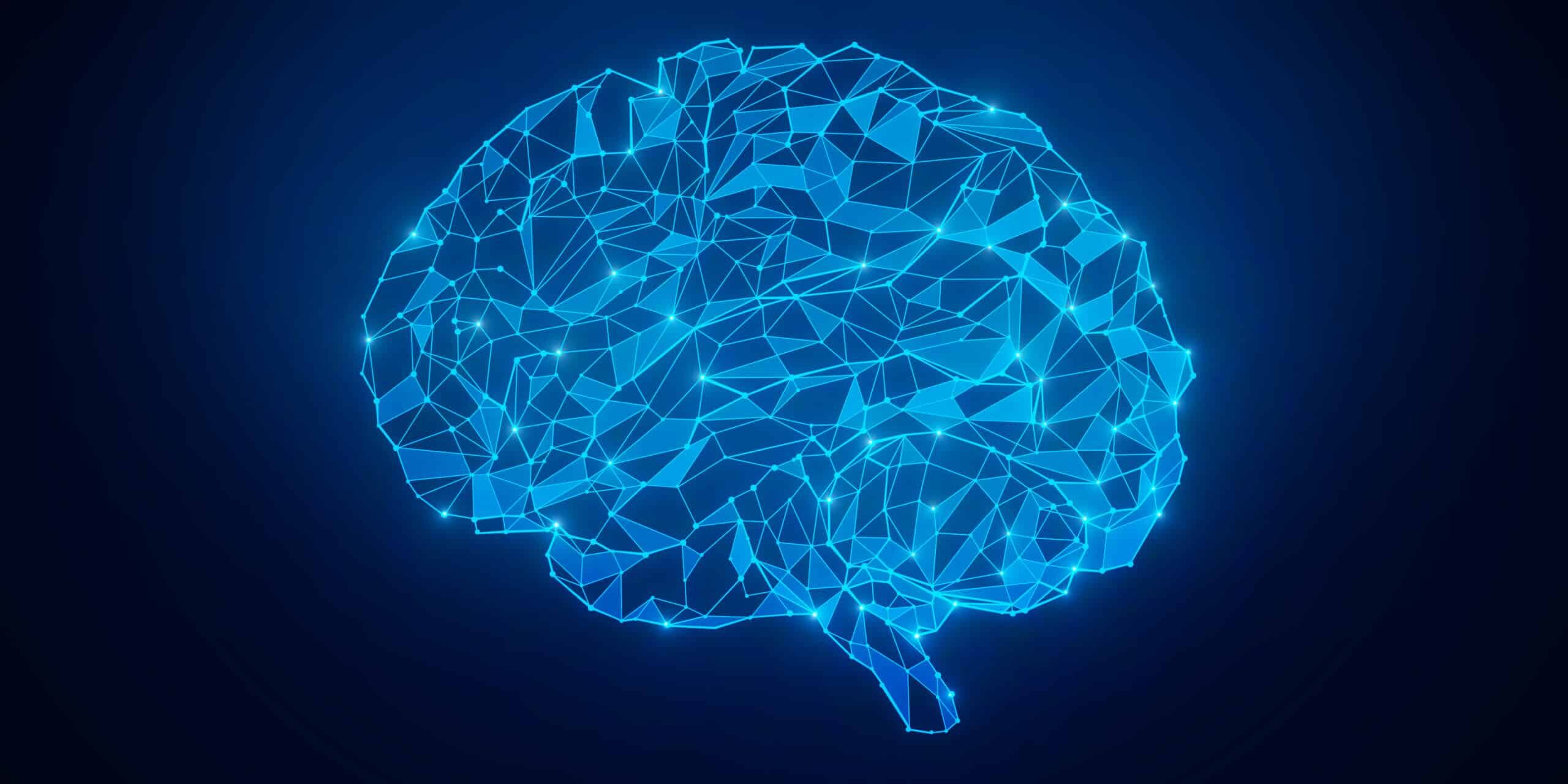Brain Health Trajectories
Coordinating Partner : Viktor Jirsa
Coordinating institution : Inserm – Regional Delegation Provence-Alpes-Côte d’Azur
Brain health, marker, multiscale, digital brain, lesion

Brain Health is not just the absence of disease but requires the brain to operate in certain parameter ranges – like any other organ – for proper functioning. We know only few of these parameters and their ranges, which are mostly structural such as brain volume, cortical thickness, or fiber bundle integrity, or linked to absence of abnormalities such as lesions. Functional markers are rare and often unspecific such as functional connectivity, and their operating ranges of “good brain health” are essentially unknown. Furthermore, the degree of cognitive and behavioral impairment does not correlate linearly with pathology because of maladaptive or compensatory mechanisms (i. e. cognitive reserve). This situation makes a routine screening of brain health challenging.
On the other hand, in absence of powerful therapeutic approaches in brain medicine, diagnostic acceleration and early stratification remains the most promising way forward to deal with the challenges of our aging society, in which the numbers of patients are expected to triple in Europe for Alzheimer Disease alone.
As a consequence, we argue that the early identification of individuals at risk of developing an illness must be a priority, so that they can receive an appropriate treatment or at least switch to a healthier lifestyle to delay the onset of the pathology and slow down the impairment worsening.
Our vision is to develop tools that characterize brain health of individuals and, in perspective, will lay the ground for a platform to be used for population screening, decision-making and prognostic monitoring of treatment efficacy. The screening of brain health should be sufficiently general to allow consideration of a range of brain diseases, which requires a battery of metrics integrating structural, functional, and model-based markers.
We will benchmark the efficiency of lesional and non-lesional markers along multi-modal multi-scale brain data. These include deep phenotyping, longitudinal studies in Alzheimer’s disease with hundreds of patients and multiple time-points with structural, functional and amyloid imaging as well as cognitive profiling; and wide phenotyping, namely massively large datasets for training machine-learning models and deriving normative dictionaries in a variety of pathologies including multiple sclerosis, epilepsy and stroke.
Existing lesional markers will be improved by deep learning techniques designed for anomaly detection. Non-lesional markers, predictive of cognitive impairment and complementary to lesional markers, will be derived, both via neurodegeneration quantification and from functional brain imaging data using advances compliant with our understanding of the brain as a complex dynamical system.
Model-based markers and surrogate data will augment patient-specific data with the inference of mathematically causal mechanisms in virtual twin cohorts and predictions from personalized AI generative models, providing improved feature identification and rich information for diagnostic acceleration.
Our concerted effort in developing, converging, and validating diverse and complementary metrics for the same purpose of quantifying brain health is unique in Europe.
| Laboratory or department, team | Supervisors |
| Institut de neurosciences des systèmes – INS – U1106 – Eq Theoretical Neurosciences | Aix-Marseille University (AMU), Inserm
|
| Institut de neurosciences des systèmes – INS – U1106 – Eq Dynamap | Aix-Marseille University (AMU), Inserm
|
| Institut de Neurosciences de la Timone (INT) – UMR 7289, Eq BraiNets | Aix-Marseille University (AMU), CNRS
Inserm et AP-HM partners |
| Centre Inria Saclay-Île-de- France – Eq MIND | Paris-Saclay University, Inria |
| NeuroSpin – BAOBAB & US 52-CATI | Paris-Saclay University, CEA, CNRS, Inserm |
| Grenoble Institut neurosciences – INSERM U1216 | CHU Grenoble |


